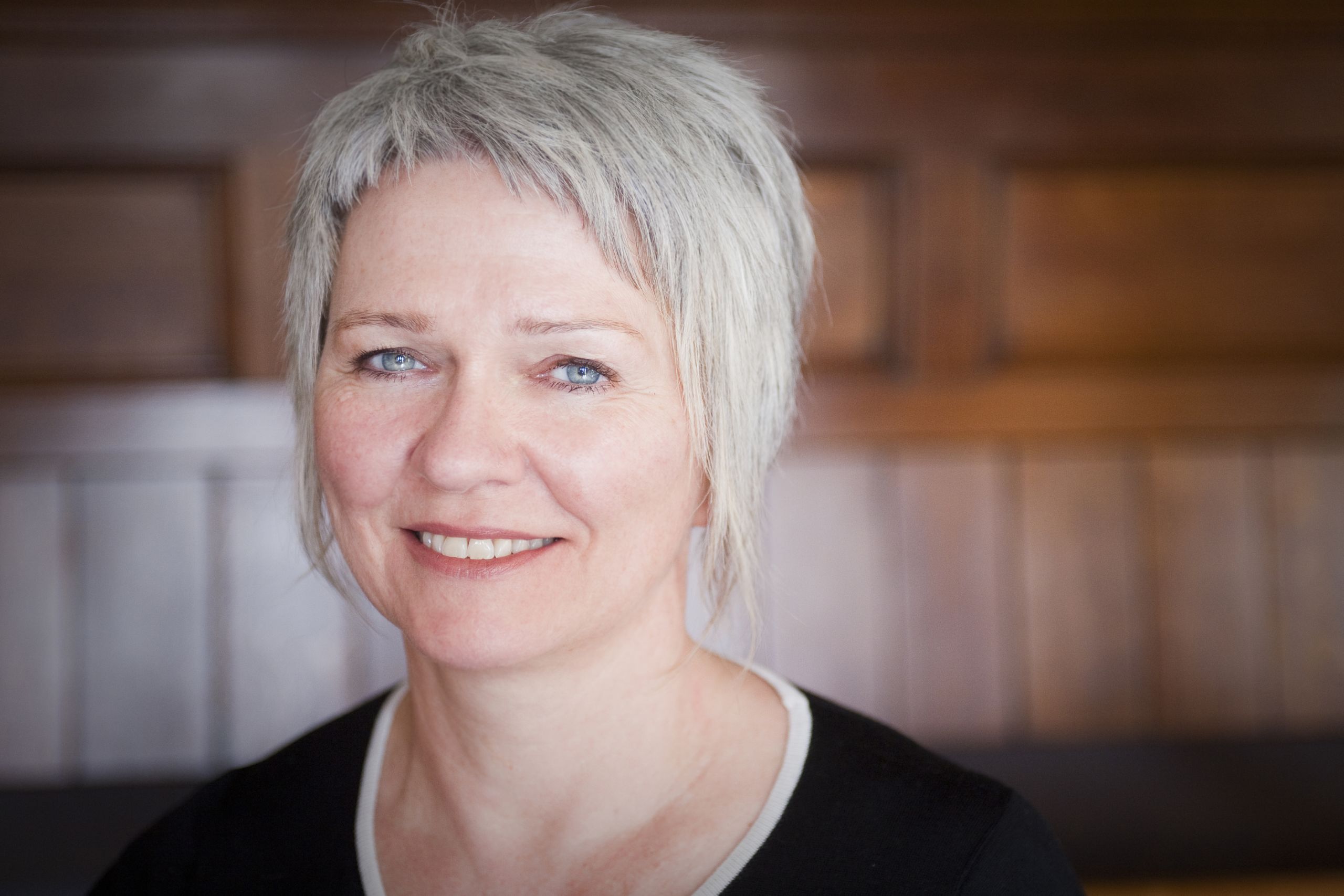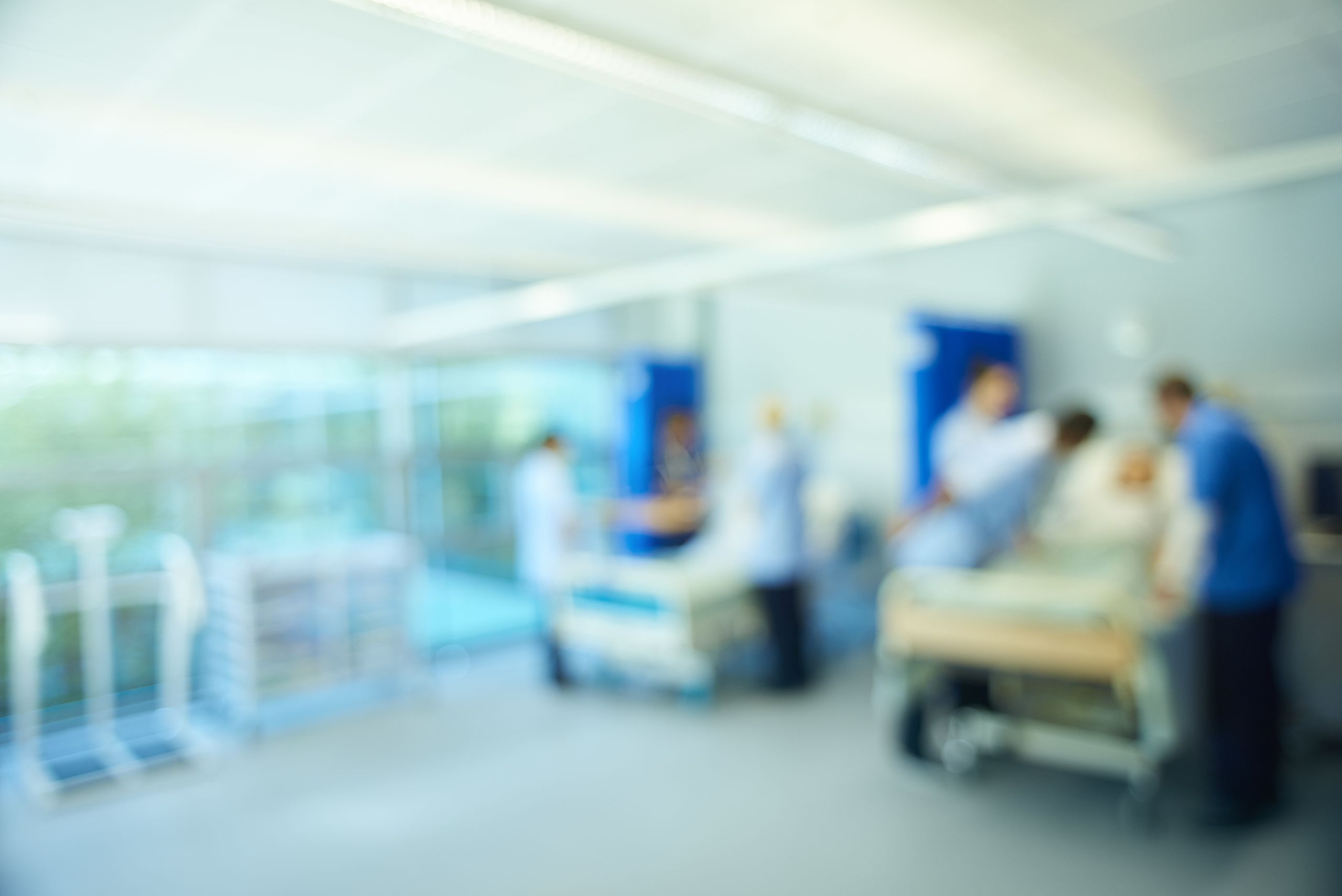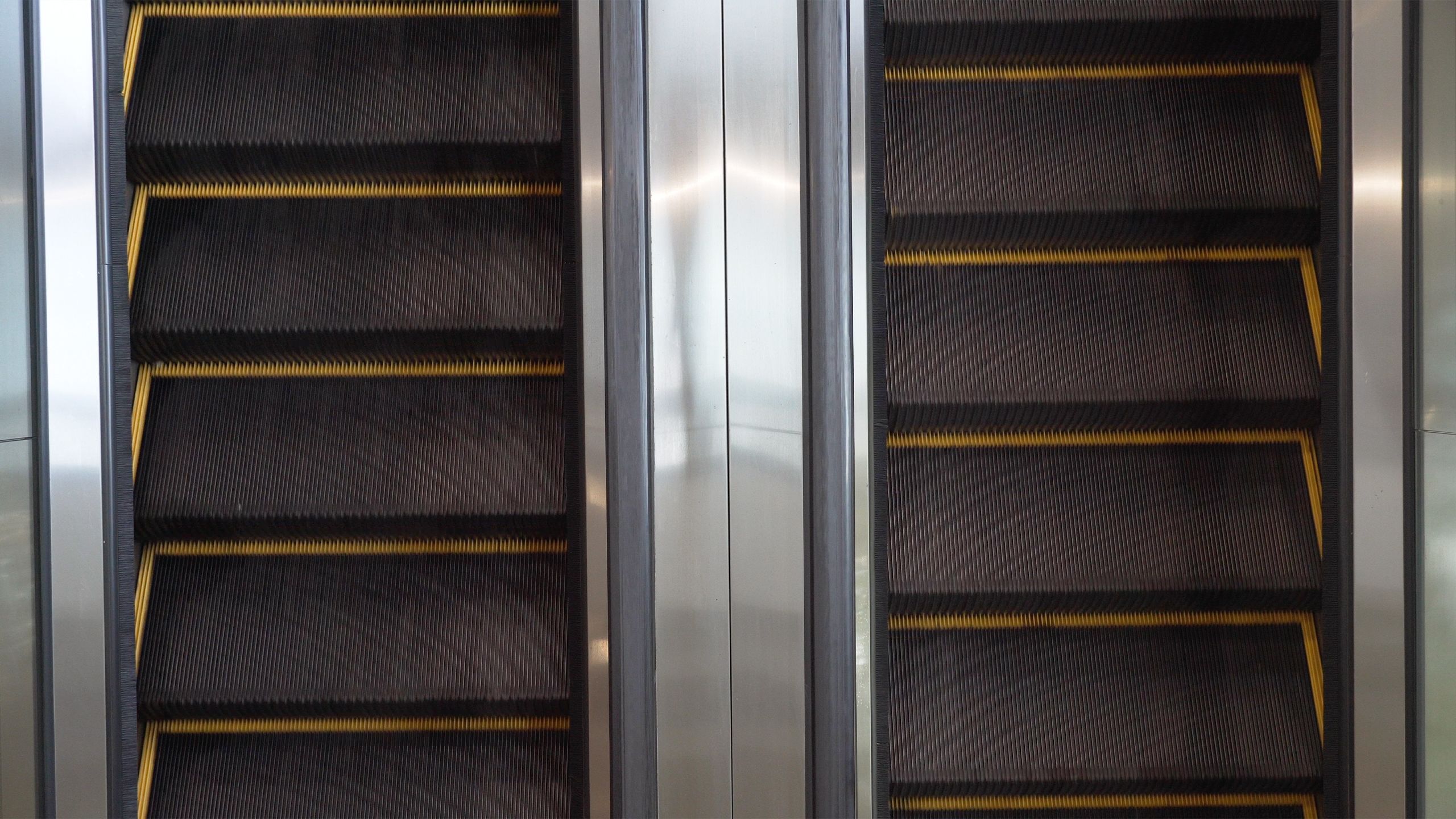COVID Catalysts
A moment for change

Foreword
Colette Fagan, Vice-President for Research

It is Autumn 2020, and for most of us in Greater Manchester, at the time of writing, we are not permitted to meet people from outside our household indoors, or even in our garden. Across the country, the ‘rule of six’ dictates that our social contacts are severely limited. Children are back at school, but whole cohorts of pupils are temporarily being home-schooled and are self-isolating due to their classmates or teachers testing positive for the virus that is, both locally and nationally, on the rise again.
The COVID-19 pandemic has changed our lives in many ways. Our daily lives have been disrupted, the economy is struggling with the dramatic changes to the ways in which we can now work and spend, and society is reacting to the upheaval around us. Meanwhile, the health service, at the vanguard of our response to the outbreak, is heroically managing care for those suffering from the virus while having to continue to address the physical and mental health needs of the country.
And yet, while challenges abound, and the number of cases of the virus both here at home and abroad are horrifying, this crisis is providing us with a moment to reappraise many things about how our world works. Lockdown was not designed to reduce the number of cars on the road, but that this happened allows us to imagine how this might be of benefit longer term; the 9–5 workplace did not seem imminently on the way out at the start of 2020, but now we have widespread experience of the opportunities – and pitfalls – that more flexible working can pose. When we have dealt with the still-very-urgent health emergency, could we rebuild a better and more resilient society to live in?
At The University of Manchester, some of our leading experts and researchers involved in trying to find solutions to some of the world’s major challenges have offered their suggestions on how COVID-19 might provide a catalyst for change, accelerate innovation or demand action. These catalysts are challenges to our partners – policy makers, industry, society – but also to ourselves, to ensure that our research is at the forefront of developing a fairer, greener, more sustainable and healthier city, nation and world.
Drawn from across the University’s five research beacon areas –advanced materials, cancer, energy, global inequalities and industrial biotechnology – our experts consider a broad range of ways in which we might ‘build back better’ from COVID-19.
Green future

Lock-in low-carbon living: we need to equate the global climate challenge to COVID-19, argue Alice Larkin and Claire Hoolohan, and to start mobilising a similar crisis response, using this as a catalyst for change. The call is made to learn from lockdown and “lock-in low-carbon lifestyles” by changing our behaviours and technologies long-term.
Fast-tracking low carbon energy generation: low carbon living can be partly be achieved by accelerating the adoption of new energy systems, for example Richard Taylor advocates a localised nuclear option through the deployment of small modular reactors while Andrew Welfle talks about biomass from renewable sources. In partnership with alternative energy generation, Robert Bellamy is investigating how we can responsibly use carbon removal technologies, as part of the spectrum of solutions needed to realistically achieve net zero.

Health

Flexible health delivery: the health profession has become one of the most innovative sectors in the crisis. Cancer researchers at Manchester reported that in response to major disruption with backlogs, clinicians have become a lot more agile and provided a model for the wider health sector. Ananya Choudhury talks about how cancer care clinicians have been able to deliver long-term radio therapy programmes as much shorter-term treatments – a response that would previously have taken years of planning but had to be delivered in a matter of weeks.
Getting the right treatment to the right person at the right time: The additional burden that COVID-19 places on the NHS makes the timeliness of diagnosis and treatments of cancer and other diseases all the more pressing. Pioneering research at Manchester, be it the personalised medicine breakthroughs described by Stephen Taylor, or the self sampling tests for cervical cancer developed by Emma Crosbie and her team, is providing opportunities for clinicians everywhere to better target and support their patients.

Inequality

Building global resilience: David Hulme explains that the countries that have recently adopted inward, nationally focussed polices have also responded poorly to a global challenge like COVID-19. The call is made to share ideas and services that are of value to everyone globally – for example, the strategic international deployment of an anti-COVID vaccine as this would stop countries re-infecting themselves. Ananya Choudhury reflects on the benefit of sharing experiences and knowledge with international colleagues in cancer care during the crisis.
Tackle the roots of underlying inequalities: the vulnerability of ethnic minority communities to COVID-19 has revealed a pre-existing ’nexus of inequality‘ that undermined the resilience and health of many members of these groups. James Nazroo calls for a formal enquiry into how such entrenched imbalances faced by BAME communities can be rectified. Emma Crosbie reveals how empowering health innovation such as self-sampling would provide much better access to cervical cancer services for women of ethnically diverse or socially disadvantaged backgrounds which have been disproportionately impacted by the pandemic. Resolving the inequalities laid bare by COVID-19 is one key part of the productivity puzzle, outlines Bart van Ark, which needs to be solved to create sustained growth in the long term, as we look to emerge from this crisis.
Developing more equitable infrastructure: our new day to day living has brought with it additional stresses and strains to households, including, as Stefan Bouzarovski explains, increased, costly, domestic energy use while people stay at home, which has highlighted the need for infrastructure and policies that can adapt to consumption and demand in an equitable and sustainable manner.

Innovation

Commercialising research: James Baker highlights how the pioneering ‘Manchester Model’ of innovation based around commercialisation of the 2D material graphene is demonstrating how academic research can be applied to support a regional economy looking to compete globally.
Radically reforming existing sectors: we can also look to develop a more circular economy. For example, although we need plastics to safely store our food and medicines, we must, says Michael Shaver, ensure polymer-based packaging and products can be easily and profitably recycled – and therefore not dumped into our oceans. Alice Larkin highlights the frustrating pre-COVID lethargy to decarbonising the aviation sector, while James Baker also talks of new materials that would help the now struggling plane-making industry re-invent itself, securing investment to replace polluting jets engines with hydrogen or electric-hybrid propulsion, and adopting lightweight airframes to boost range and fuel economy.
Rapidly build an alternative bio sector: Rob Field describes the role biotechnology can play to achieve green growth by using plant-based and synthetic resources to develop a new, bio-based manufacturing sector that is an alternative to the fossil-fuel economy and can make more sustainable food, materials, fuels and medicine.


Economic recovery

Supporting lives and livelihoods: Bart van Ark reflects on the major policy challenge of protecting the health of the nation, while not simultaneously causing lasting damage to the economy; plans for any economic recovery must recognise the unequal ways in which this crisis will have impacted people and sectors, in order to secure a sustainable and productive economy for the future.
Key workers recognised as the bedrock of our economy: the COVID -19 crisis has revealed that workers in sectors like health, care, transport and logistics, who were previously taken for granted, are in fact a critical part of our economic infrastructure. Miguel Martinez Lucio explains that these key workers need to be re-evaluated in the wake of COVID-19 so they can be properly recognised and rewarded.
The ‘devolution of innovation’: Manchester experts, Marianne Sensier and Elvira Uyarra argue that the government is one of the key drivers to R&D spend and this needs to be shared more equitably across all UK regions to ‘level up’ investment.

Find out more about how University of Manchester research is looking at solutions for living with and beyond COVID-19.
Watch the full collection of COVID Catalysts lectures -manchester.ac.uk/covid-catalysts
Discover how The University of Manchester is contributing to the fight against coronavirus - manchester.ac.uk/coronavirus-response
Donate to help our researchers create solutions to tackle the pandemic - manchester.ac.uk/covidappeal
Talk to our policy experts – policy@manchester.ac.uk / manchester.ac.uk/policy
Engage with our business team – collaborate@manchester.ac.uk / manchester.ac.uk/collaborate
Learn more about our research beacons – manchester.ac.uk/beacons
Music © bensound.com
Motion © Videezy.com

